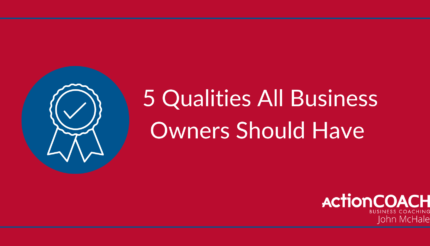Halloween is celebrated each year on October 31st. The tradition originated with the ancient Celtic festival when people would light bonfires and wore costumes to ward off ghosts. Halloween today has evolved into a day of activities like trick-or-treating, carving pumpkins, donning costumes and eating too many treats!
Ancient Halloween celebrations started some 2000 years ago and they would then celebrate their New Year on November 1st. The day marked the end of summer and the harvest and the beginning of dark, cold months which they often associated with death. They believed that on October 31st the ghosts of the dead returned to earth to cause damage to crops and cause trouble in general. Celtic Priests believed that making huge bonfires to burn crops and animal sacrifices made the ghosts happy and content. When the celebration was over, they would go home and re-light their hearth fires from the sacred bonfire to help protect them during the coming winter.
But what about the Halloween traditions and beliefs that today’s youth have forgotten about? Many of these obsolete rituals focused on the future instead of the past. One ritual in particular was believed to help women find their future husband. One ritual was to bury a ring inside mashed potato on Halloween night, hoping to bring true love to the person who’s plate it ended up on! Another Halloween ritual was to toss apple peal over a woman’s shoulder and when it landed on the floor it would spell out the initials of who she was to marry. Many more rituals have evolved since then and the modern-day Halloween has turned in to a ‘day of fun’.
Rituals still play a huge part in today’s society and to all our lives. Beyond the workplace it is easy to think of examples where rituals unite, motivate and ready the team to excel together.
Rituals have a place at work in all departments and organisational levels. In fact, rituals help define our cultures and increase employee engagement. Some people believe that rituals give us a greater sense of control and can help us feel more involved in the workplace. Business leaders can use rituals to highlight things important to their company and encourage people to focus on them. When it comes to corporate culture, rituals are invaluable in helping people remember and prioritise best practice. A ritual carries more weight because it feels relevant and not just an action to be ticked off the ‘to-do’ list.
Rituals are defined as an action or a way of behaving. Rituals are built into every institution, including education, sports, religion, military etc to emphasise the meaning behind specific ideas and actions. We find that by promoting rituals, people engage with the task in hand rather than just completing something. With this is mind, does your organisation have ‘rituals’?
At the end of a project, month or week, do you celebrate milestones? One company I know has Pizza Friday to celebrate each month. The employees know this is approaching and they feel more motivated, knowing that on that particular day they can shout about all the great things they have achieved that month and be rewarded with beer and pizza!
You could give out Employee of the Month and sing their praises all over social media. Who doesn’t like to be praised! With employees in mind, you could also create a ritual whereby any new employees are welcomed in a special way. Assign them a work ‘buddy’, take them for lunch or introduce them to clients.
Rituals can also promote growth within the workplace. Make sure to debrief whenever you have had a meeting, project or training day. Taking a few minutes to discuss what worked well and areas for improvement. This promotes a ritual of learning and being able to talk to one another in a positive and constructive manner. Some may say that this is routine practice and not a ritual. However, “the difference between a routine and a ritual is the attitude behind the action. While routines can be actions that just need to be done, rituals are viewed as more meaningful practices which have a real sense of purpose” (Anne-Laure Le Cunff).
The important message here to remember is that rituals support and help build a strong corporate culture and an exceptional culture is the most significant way a company can differentiate itself from the competition. If rituals aren’t already within your company, consider adding them to reap rewards. Companies with rituals already in place should assess if they are current and effective.





